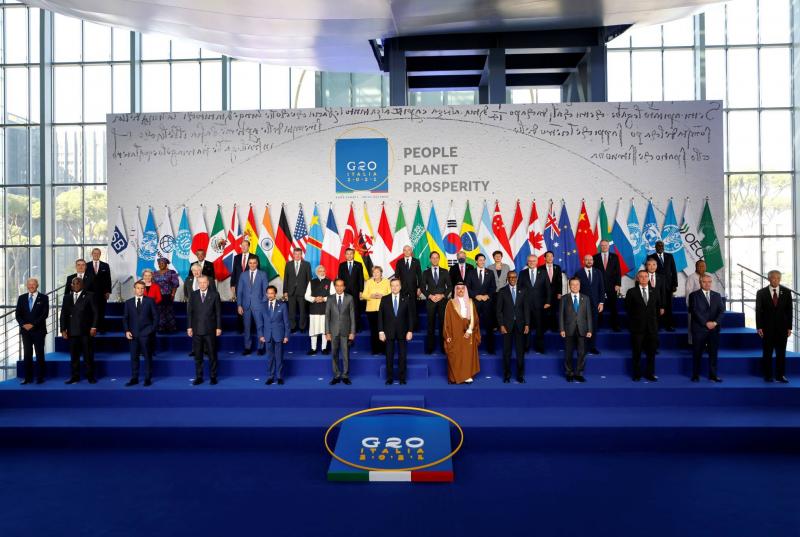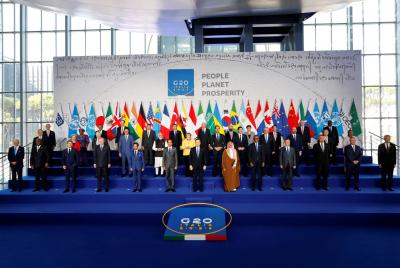The G20 meeting in India concluded on Saturday without consensus on phasing out fossil fuel use, following objections from some producing countries. Scientists and activists expressed anger over the international organizations' slow action on mitigating global warming, even as extreme weather conditions worldwide highlight the climate crisis.
Energy officials from the G20 were expected to issue a joint statement at the end of their four-day meetings in the coastal town of Pamboliem in Goa, India. However, no joint statement was released due to disagreements on several issues, including the desire to increase renewable energy production capacity threefold by 2030.
The meeting also failed to find common ground on urging developed countries to meet the goal of collectively raising $100 billion annually for climate action in developing economies from 2020 to 2025, as well as on framing a description of the war in Ukraine.
Two sources familiar with the discussions stated that the use of fossil fuels was a focal point in a day-long discussion, but officials could not reach agreement on reducing its ongoing usage. Indian Energy Minister Raj Kumar Singh, in a press conference after the meetings, noted that some countries preferred to use carbon capture processes instead of phasing out fossil fuels, without naming those countries.
Notably, major fossil fuel producers—Saudi Arabia, Russia, China, South Africa, and Indonesia—oppose the goal of tripling renewable energy capacity in this decade. A draft reviewed by Reuters late Friday stated, "The importance of efforts towards a phased and continuous reduction of fossil fuel use has been affirmed, in accordance with the different countries' circumstances." However, the leaders' statement released later in the day included concerns from some member states that were not mentioned in the draft from the previous day.




